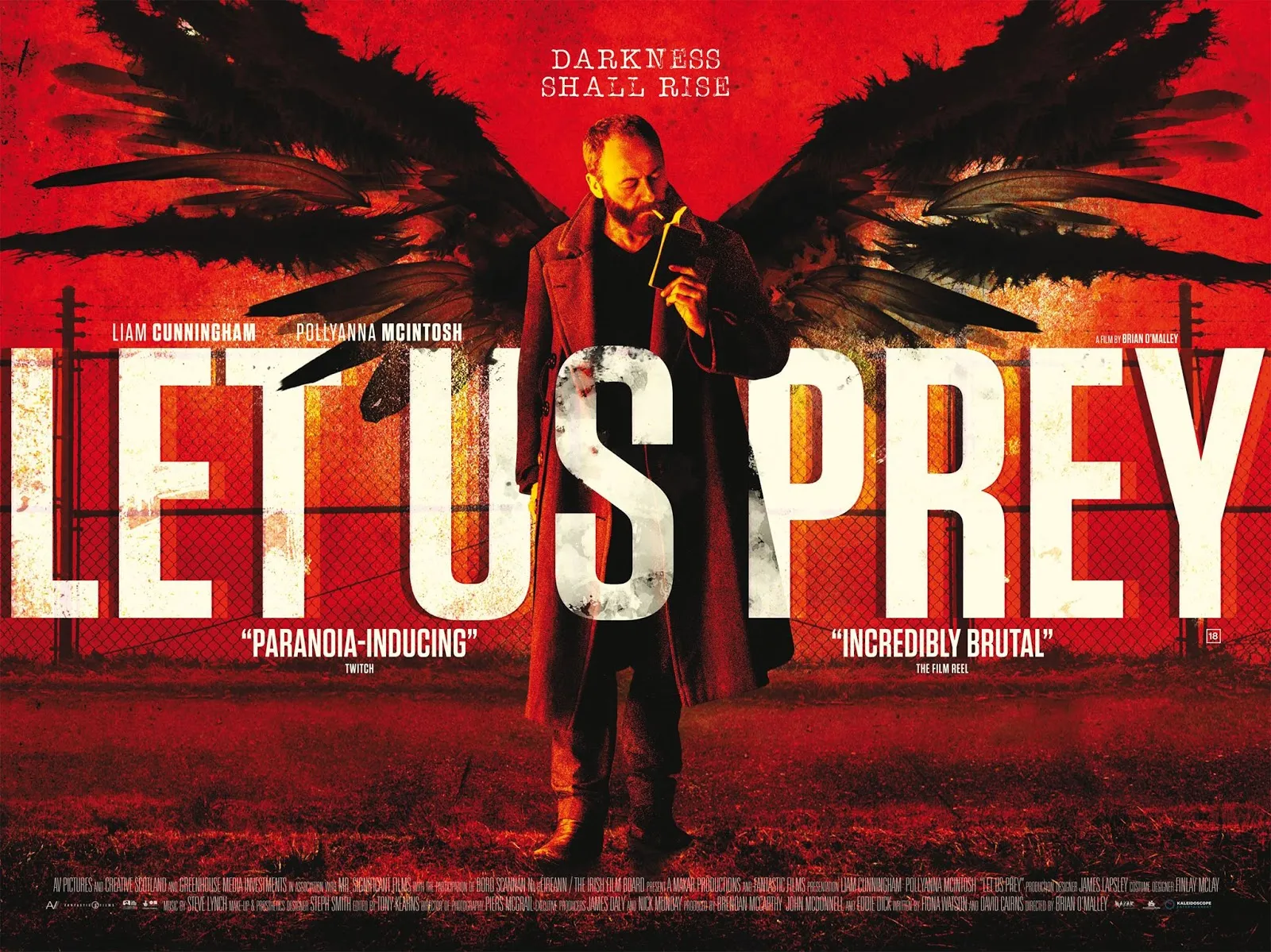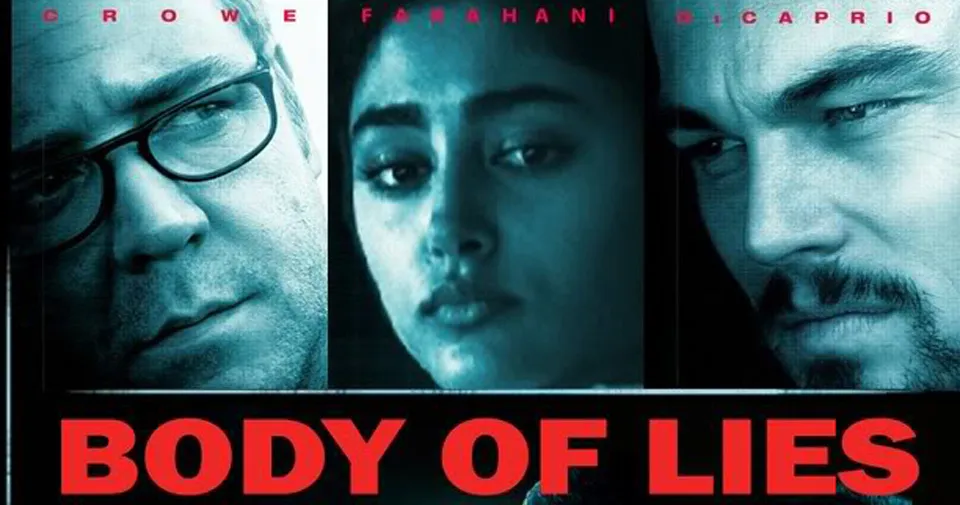Chief of War (2025) is a sweeping historical drama that brings the unification of the Hawaiian Islands to life through the eyes of Kaʻiana, a Native Hawaiian chief torn between tradition, survival, and identity. Set in the late 18th century, the nine-episode series follows Kaʻiana as he returns to Hawaiʻi after traveling abroad, only to find his homeland on the brink of transformation—divided by rival kingdoms and increasingly influenced by foreign powers.
Jason Momoa, who co-created, co-wrote, and stars in the series, portrays Kaʻiana not as a conventional hero but as a complex and often conflicted figure. Haunted by his experiences abroad and wary of the shifting tides of power, Kaʻiana becomes both a warrior and a reluctant symbol of resistance. As Hawaiʻi teeters between war and unification, Kaʻiana must navigate family loyalties, cultural identity, and his own moral compass in the face of betrayal and colonization.
The series is grounded in cultural authenticity. Most of the dialogue is delivered in both English and Hawaiian, with traditional customs, chants, costumes, and rituals woven seamlessly into the narrative. The cast is made up of primarily Polynesian actors, including Temuera Morrison, Luciane Buchanan, Cliff Curtis, and Kaina Makua. Their performances give depth to a wide range of characters—from royal advisors to rival chiefs—each representing a facet of Hawaiian life during a time of monumental change.
Visually, Chief of War is breathtaking. Cinematography captures the natural majesty of the islands—volcanic cliffs, deep green forests, and turquoise waters serve not just as backdrop, but as living, sacred terrain. The show’s production design features meticulously crafted war canoes, traditional villages, and weaponry. Every detail is informed by consultation with cultural historians and Native Hawaiian advisors, making the series not only entertaining but deeply respectful of its roots.

The score, composed by Hans Zimmer and James Everingham, enhances the emotional and historical gravitas, blending orchestral arrangements with indigenous Hawaiian musical elements.
More than a war epic, Chief of War is a story of identity, colonization, and resistance. It examines what it means to lead, to belong, and to protect a culture under threat. As Kaʻiana’s journey unfolds, the series delivers both political intrigue and personal sacrifice, culminating in a powerful, bittersweet finale. It is a landmark in Indigenous storytelling and a defining moment for historical drama on screen.
-1752134095-q80.webp)
-1751938747-q80.webp)

